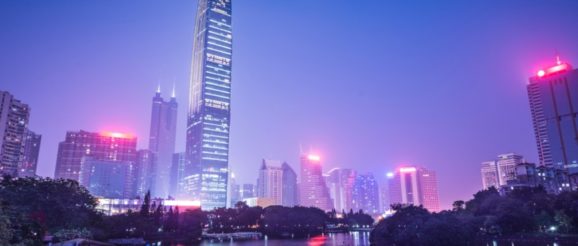Chinese City Offers Tax Breaks to Encourage Innovation

Wang Lixin, a deputy said the city will use its own operating income to make up for the shortfall in tax revenue. Under the scheme, qualifying individuals will be able to enjoy a significantly lower personal income tax.
“Suppose you earn a million yuan [US$144,894] a year. Under the new rules, you will need to pay 150,000 yuan as income tax, which saves you about 300,000 yuan at the current level,” Wang told in an innovation summit in Shenzhen.
“We need to fill all the links in the supply chain. Then we are truly competitive in the world, and can truly have the power of say,” he said.
Lower tax will help keep tech talent close
The plan which has approval from Beijing is being offered to both local and international talent in a bid to make the city a tech innovation hub.
The city hopes to attract new talent both from individuals and fledging and established businesses mainly working in the field of electronics and telecommunications. The two sects hardest hit by President Donald Trump’s export bans.
Chinese companies work on ways to exclude the US from production
Both Huawei and DJI have been singled out by the current U.S government as part of the ongoing trade negotiations between the two countries.
In recent weeks the Trump Administration has made it extremely difficult for Chinese companies to access components manufactured in the US. Despite the big moves from the US, China has appeared to be unphased and seems to have been planning for such an event.
Huawei, who was blocked from accessing Google runs Android OS will release its own operating system for its smartphones and devices, and DJI implemented changes to improve customer relations.
The latest tax breaks news shows that China won’t be held back by the US and have many tricks up their sleeves to ensure they stay globally competitive.
Cities offer incentives to move close
China has a very contemporary tax system that has seven tax brackets. The highest earners in the country are taxed as much as 45 percent. In close-by, Hong Kong individual tax is capped at 17 percent.
The new lower tax should work to lure talent away from the neighboring city into Shenzhen. Other cities may consider doing something similar as Chinese technology companies work out ways to cut the US from their production cycles.
